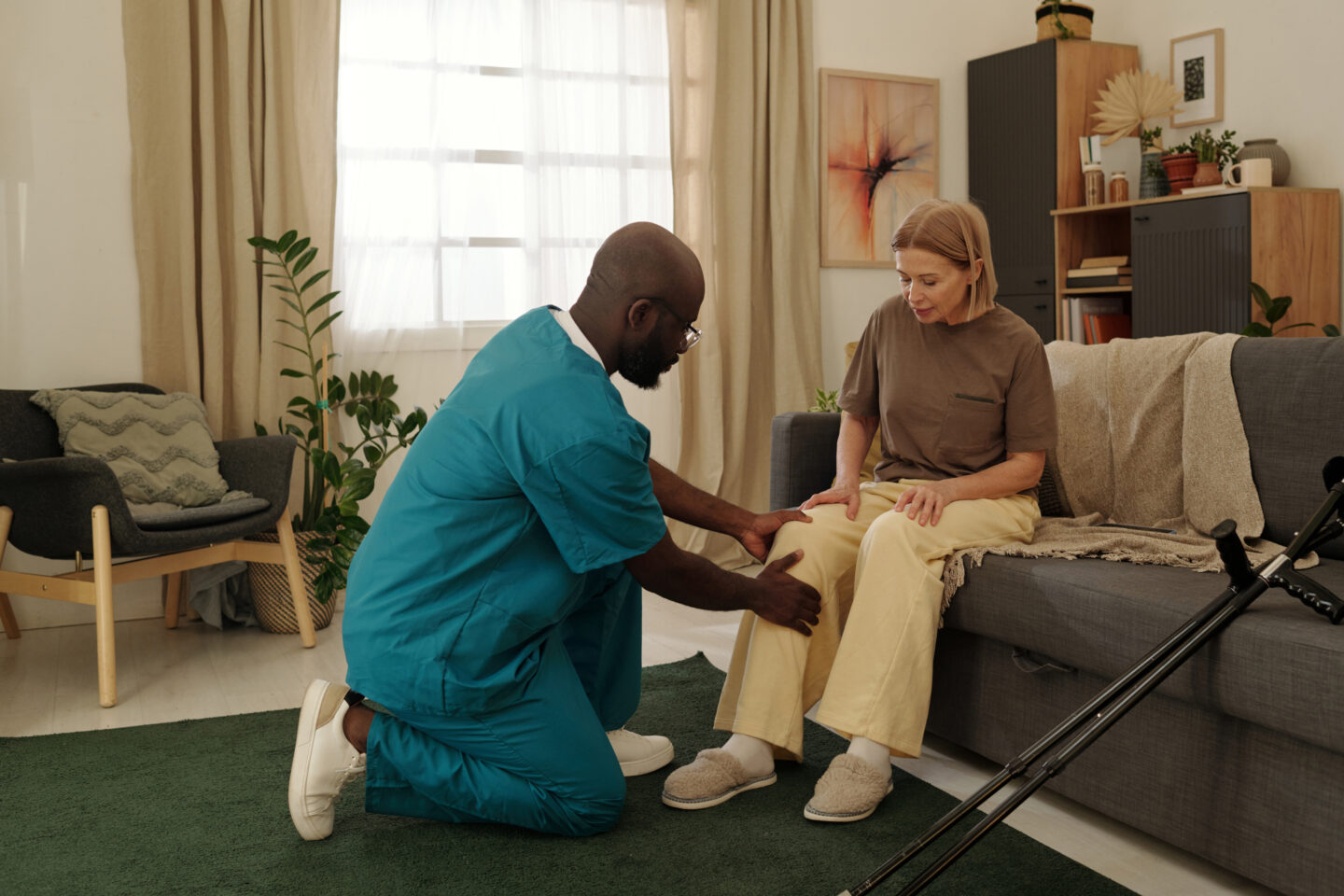Master’s Q&A: Emilie Burton, Health Tech ‘21
Categories

Emilie Burton, Jacobs Technion-Cornell Dual Master of Science Degrees with a Concentration in Health Tech ‘21, was born in France and grew up in England. She received her BS in Bioinformatics with a minor in Biostatistics from Loyola University Chicago. Prior to Cornell Tech, she worked as a next generation sequencing data scientist in Silicon Valley for three years.
What is your favorite class so far?
My favorite class has been Technology and Social Justice, taught by Nicola Dell. This course examines the design, deployment, and adoption of technologies that engage with social justice issues. It expanded my horizon on how to evaluate technology and gave me new ways of thinking about how technologies engage with communities and how the design approach can serve communities.
What excites you most about your program?
The Health Tech concentration is unique in that it combines technical, health, and business courses. I love how interdisciplinary the curriculum is and how it strives to anchor our technical skills with a deeper understanding of healthcare delivery, digital health, decision support, and global medicine. We can take classes at Weill Cornell Medicine, shadow doctors, and have experts in the healthcare domain advise us on our projects. I’m also excited about participating in iTrek — a 10-day academic and cultural trip that offers students an opportunity to learn about the economy of innovation in Israel — this year and collaborating with Tel Aviv University students to create digital health solutions.
Why did you choose Cornell Tech?
Aside from the fantastic interdisciplinary curriculum, I chose Cornell Tech for its Startup Studio program. This novel class brings students from every discipline (engineers, computer scientists, law, business) to develop, test, and build a new startup idea. It is an opportunity to learn the entrepreneurial mindset and work with people from diverse backgrounds and different skills.
What’s the most interesting use of technology you’ve seen lately?
Deborah Estrin’s work on small data — the examination of digital breadcrumbs and how they can be leveraged for personalized healthcare management.
What is one of your favorite things to do on the weekend in NYC?
I love exploring new neighborhoods and going to The Met (hands down favorite museum ever).
In what way do you hope your work might affect others and society at large?
I aspire to help people/communities understand data better to make more informed decisions.
How do you describe Health Tech to your friends and family?
Health Tech is the intersection of healthcare, technology, and business. The program teaches us how to design new technologies tailored to the context of healthcare.
Media Highlights
Tech Policy Press
Content Moderation, Encryption, and the LawRELATED STORIES





